Saturday, September 12, 2015
Etty Hillesum's Vocation
At this time in European history, which is our own time in which we live now, we witness once more a huge resurgence in refugee migration. People are on the move, fleeing their homelands and the life which they led to seek in desperation a new life, away from the despairing uncertainties and dangers which they had come to experience on a daily basis. As Etty Hillesum tells us from her own time and circumstances of the previous century, such a fundamental uprooting of one’s very being is for so many not a matter of choice. The choice, however, is still there, in the form in which each individual chooses to cope with such change. Etty made the choice not to see herself as a victim of circumstances. But she went further. She chose to embrace those circumstances, to discover in them the opportunities for personal transformation which they also offered to her. Let Etty tell her own story:
“People often get worked up when I say it doesn't really matter whether I go or somebody else does, the main thing is that so many thousands have to go. It is not as if I want to fall into the arms of destruction with a resigned smile - far from it. I am only bowing to the inevitable, and even as I do so I am sustained by the certain knowledge that ultimately they cannot rob us of anything that matters. I certainly do not want to go out of some sort of masochism, to be torn away from what has been the basis of my existence these last few years. but I don't think I would feel happy if I were exempted from what so many others have to suffer. They keep telling me that someone like me has a duty to go into hiding because I have so many things to do in life, so much to give. But I know that whatever I may have to give to others, I can give it no matter where I am, here in the circle of my friends or over there, in a concentration camp. And it is sheer arrogance to think oneself too good to share the fate of the masses. And if God Himself should feel that I still have a great deal to do, well then, I shall do it after I have suffered what all the others have to suffer. And whether or not I am a valuable human being will become clear only from my behaviour in more arduous circumstances. And if I should not survive, how I die will show me who I really am.”
Through her time with the palmist and spiritual teacher Julius Spier (see link below) and her writing of her diary, Etty had come to use and understand her gifts – both with people and with words. In the end, far from trying to get away from the Westerbork concentration camp, this led to her actually to wanting to go there – wanting to be at the forefront of life where people were hurting and where she could use her skills to relieve some of that pain – and tell the story of their fate. It was a twofold vocation fundamental to her identity, and in defining that identity she clearly saw, not only who she was, but who she could become.
Please see my post: The Piece of Heaven outside my Window
The painting In the Whirlwind by Jacek Malczewski symbolizes the plight of refugees (Polish, in this case) who flee their homeland, perhaps never to return.
Subscribe to:
Post Comments (Atom)


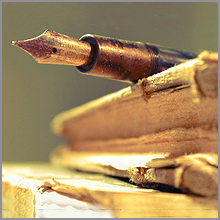
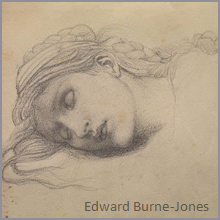
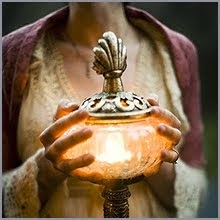
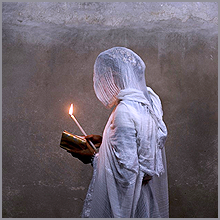
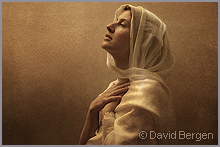
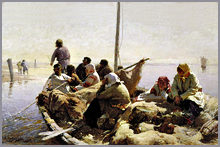
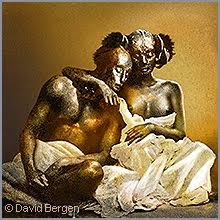
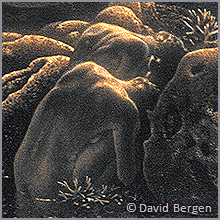

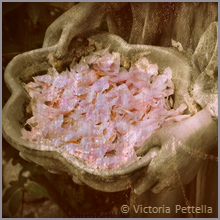
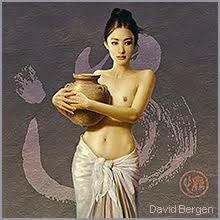
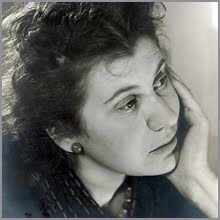
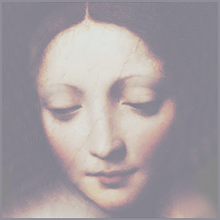
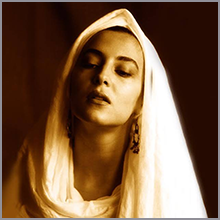
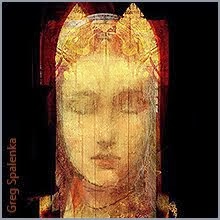
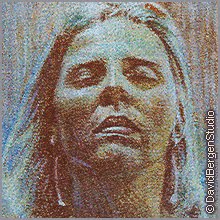











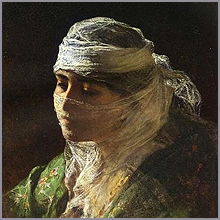
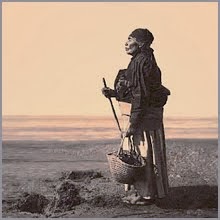

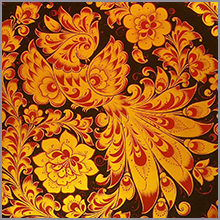

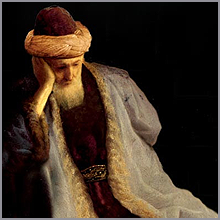
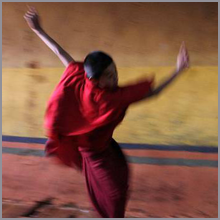




Such an expressive post - not just about refugees, but about displacement, about being taken away from our own basis and all that we imagine makes us who we are. But who we truly are is what we always carry within us. This passage from Etty's writing should be required reading, containing as it does the essential truth that peace comes, not through some outward circumstance, but in reconciling ourselves to whatever circumstances in which we might find ourselves. For with reconciliation comes true peace of heart. Thank you, Emma!
ReplyDeleteThank you, Hawkwood. Reconciliation - acceptance - is so much a part of the process. 'To accept what we cannot change' helps ourselves, and so we help the situation in which we are in.
Delete